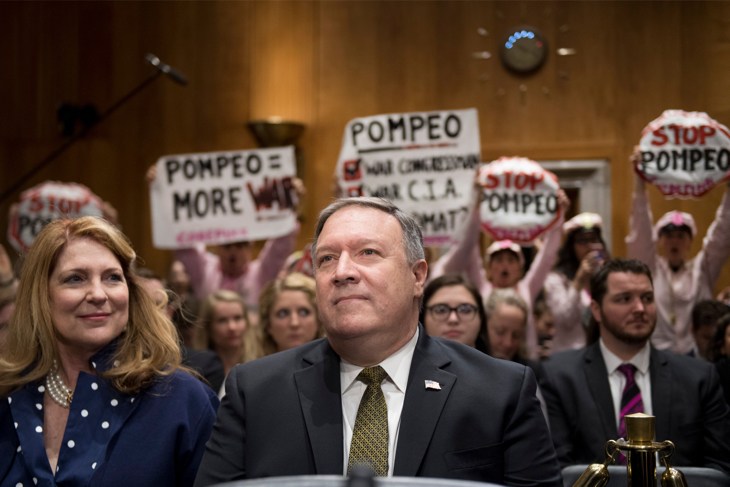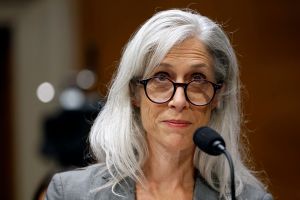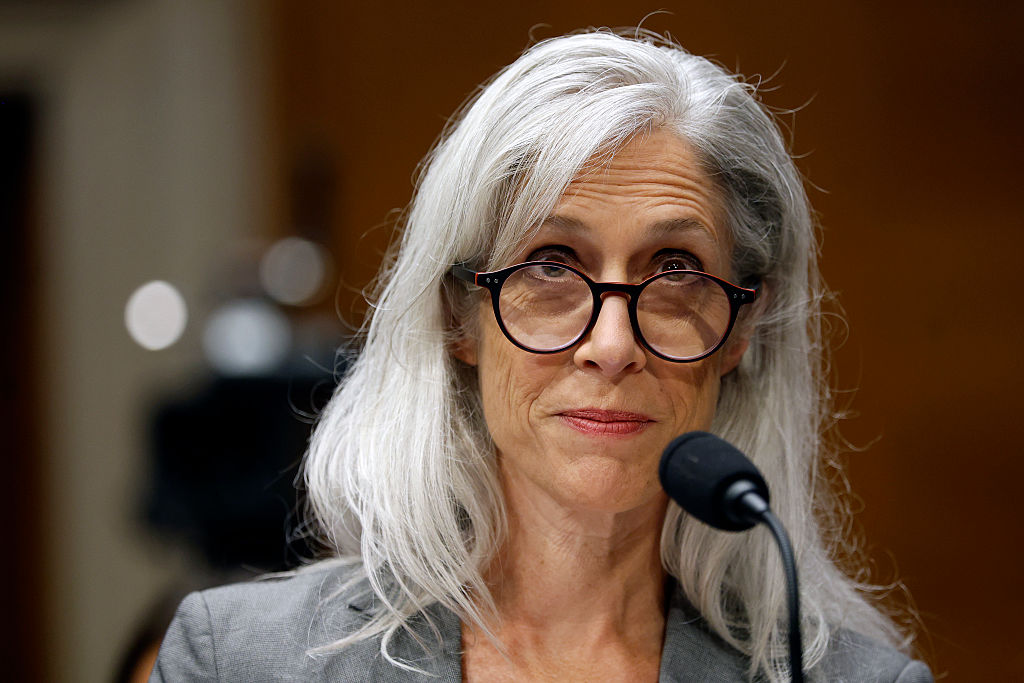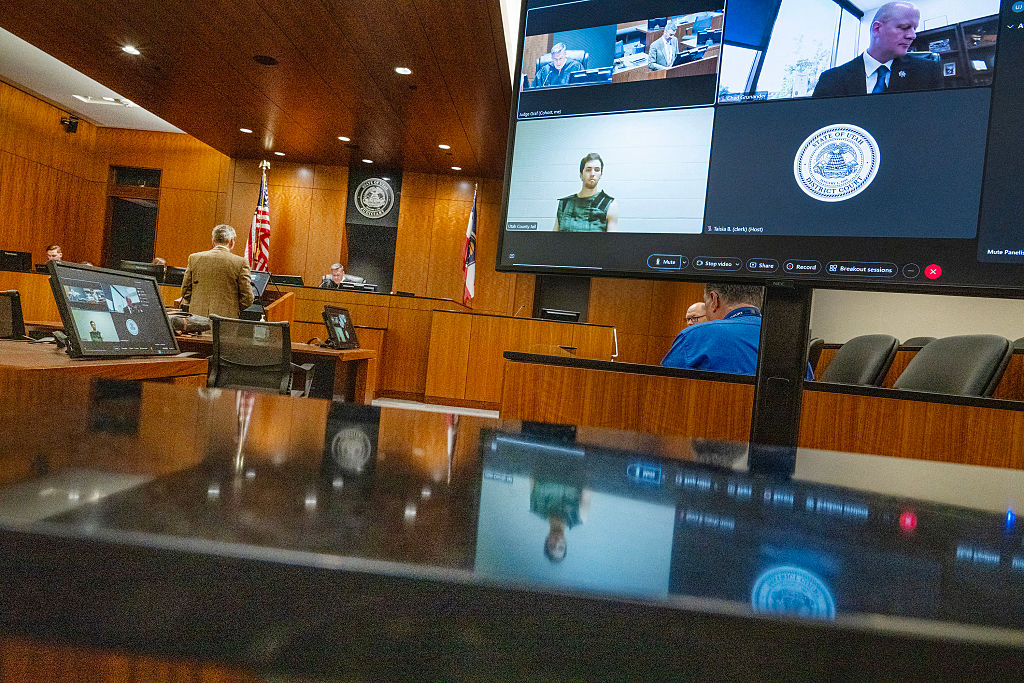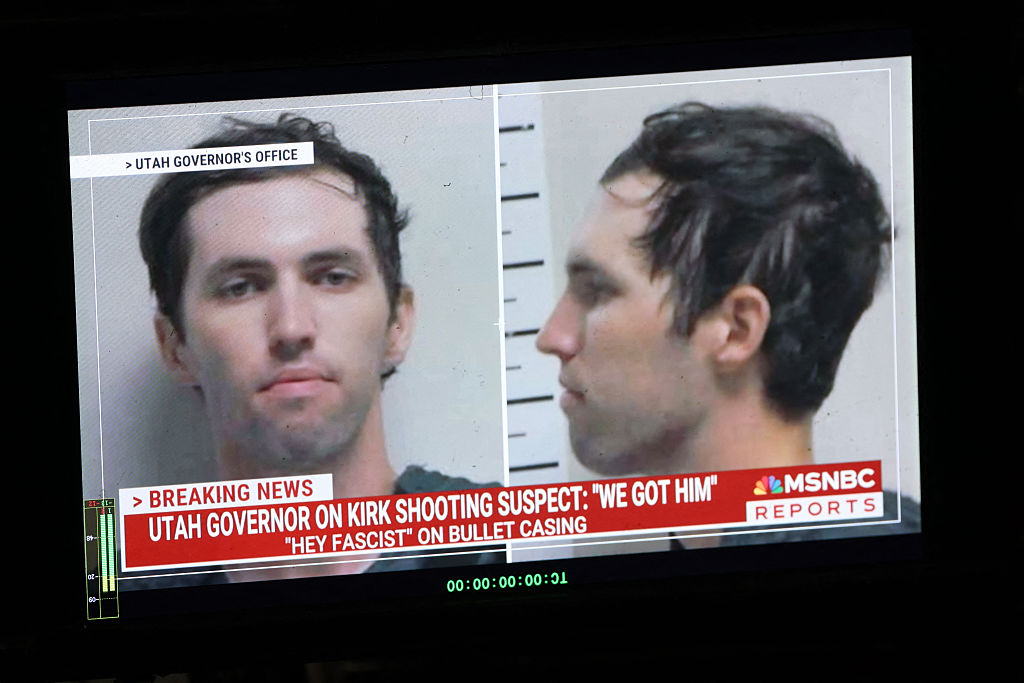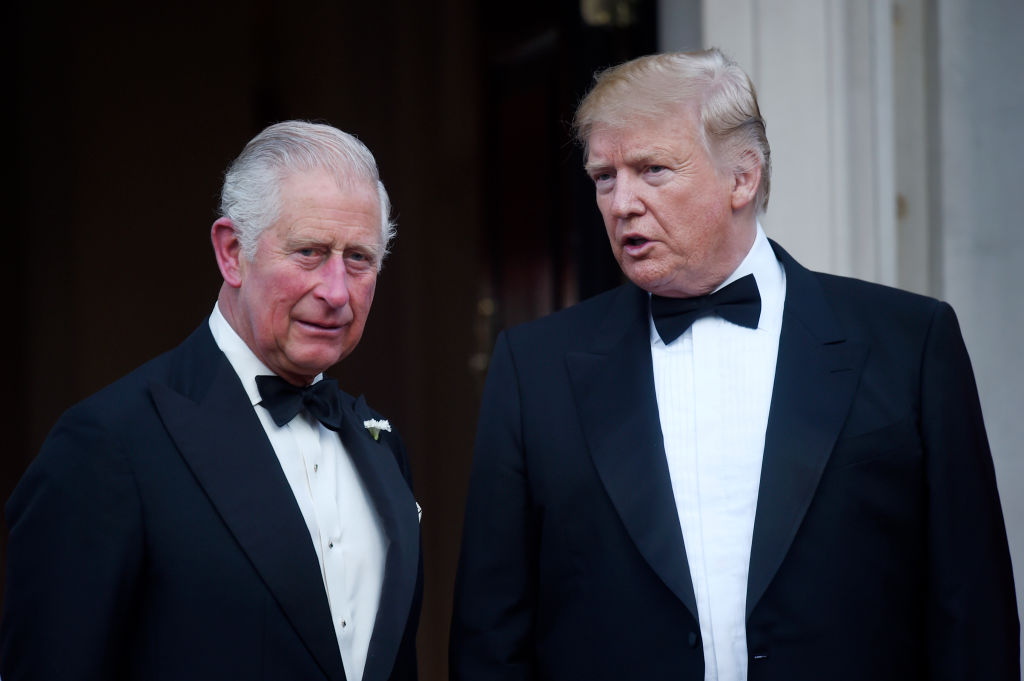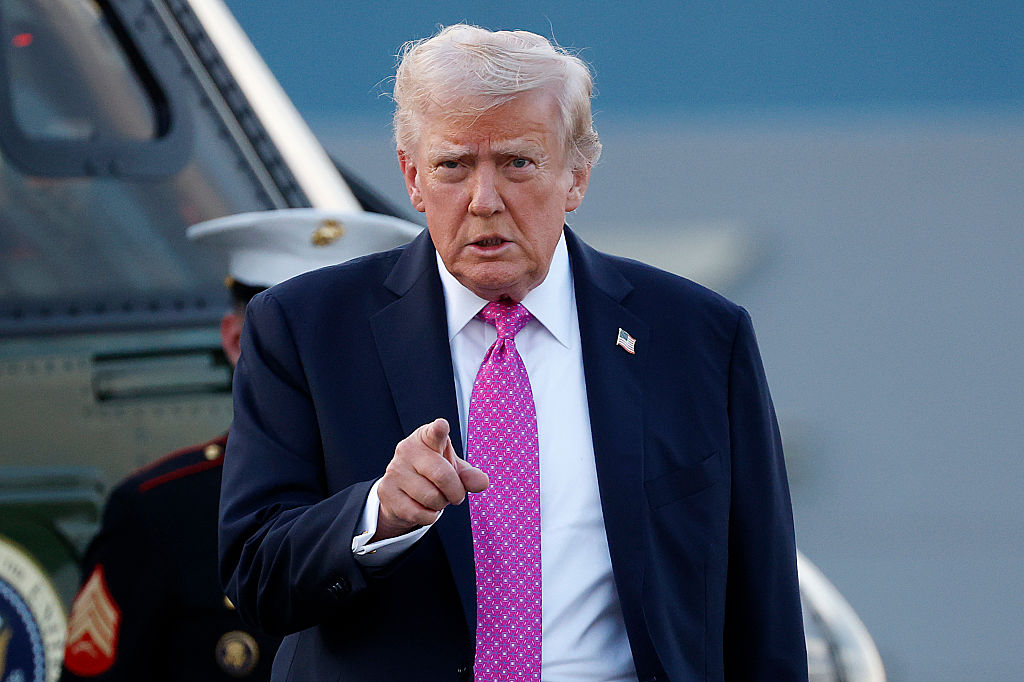Angus King said today that he hasn’t made up his mind about President Donald Trump’s new pick for secretary of state, current CIA director Mike Pompeo. “I am legitimately undecided,” the Maine senator, who sits as an independent but caucuses with the Democrats, told CNN this morning. Kentucky Republican senator Rand Paul has declared he won’t vote for Pompeo. And since Republicans have a slim 51-49 majority — with Senator John McCain being treated back in Arizona for brain cancer — the administration has been looking for Democratic votes to secure Pompeo’s confirmation. King seemed like a natural choice, as he voted to confirm Pompeo as CIA director at the beginning of the Trump administration. “That is a very different job. That is a job essentially of reporting intelligence, passing info to the president, and it’s not a policy job. And I think he’s done a good job in that position,” King told CNN. King also said he thought Pompeo performed well in his confirmation hearing last week. “I’m concerned about some of the positions he’s taken in regard to possible aerial strikes against Iran, North Korea, Islam, in the past,” King said. “He had good answers in the committee, but I think you have to look beyond just the testimony at the committee and say, ‘What’s this fellow’s overall record?’”
Well, he’d better make up his mind, and quickly. That goes for every senator still undecided on the issue—especially those on the Senate Foreign Relations Committee. Rand Paul is a member of that committee, on which Republicans have a one-member majority, so it’s possible the group won’t vote in favor of Pompeo. He could still get a full floor vote, however, though it’s been more than 15 years since someone received confirmation on the floor after failing to get support from the relevant Senate committee. (That was in 2001, when Ted Olson was confirmed as solicitor general.)
Never have there been as many diplomatic crises facing the United States since President Trump was elected. Next month, Trump is scheduled with meet North Korean dictator Kim Jong-un and make a decision on whether he’ll recertify the Iran nuclear deal. The United States just punished Syria for its devastating chemical-weapons attack on civilians with missile strikes, and the Russians have been blustering about the “consequences.” And a trade war with Asia that would harm every American consumer remains a real possibility.
King’s concerns about Mike Pompeo seem to be the same many Democrats have. “He’s got a lot of solid qualities and characteristics. I’m just not sure he’s the guy who will be a moderating influence on a president who seems to make important decisions rather quickly,” King told CNN. Only in the Trump era is being a “moderating influence on a president” part of the job of the nation’s top diplomat, one always chosen by the president himself (with the advice and consent of the Senate, of course).
Democrat senators and Rand Paul don’t seem to have given any thought to what will happen if they don’t confirm Pompeo. Do they expect Trump to reconsider and send them someone more to their liking? If so, they haven’t read his Twitter account lately and gauged his current mood. Members of the media have, however. The Washington Post’s editorial board headlined its stance on the secretary of state “Confirm Mike Pompeo.” The Post acknowledged it had some issues with Pompeo’s foreign-policy positions, but argued this was no time to dither. And the paper, like King and even the New York Times editorial board, saw positive signs in Pompeo’s confirmation hearing last week: “Importantly, he promised to defend the State Department’s budget and to quickly seek to fill its many vacant positions, which would be a welcome departure from the odd management style of the departed Rex Tillerson.”
With a likely meeting between Trump and Kim just weeks away, America still doesn’t have an ambassador to South Korea. It doesn’t even have a nominee for ambassador to South Korea. The State Department and American diplomatic policy generally are in crucial need of immediate leadership. The president has the prerogative to choose his top diplomat, and senators haven’t put forward any real reasons not to consent to Trump’s choice. The upper chamber shouldn’t fiddle while hotspots across the world could soon burn.



